Community Lauds Finima Youth Congress in Landmark Girl Child Celebration
Heartfelt appreciation underscores collaborative success in advancing girl-child empowerment across the region
By Engr. Tamunofiniarisa Brown
Finima, Rivers State — The Finima Youth Congress (FYC) has earned widespread acclaim for its successful hosting of the International Day of the Girl Child celebration on Saturday, 11 October 2025, held at Amaechi Primary School. The event attracted dignitaries, community leaders, guest speakers from multiple states, and dozens of young girls from Finima and neighbouring communities. The celebration, conceived as part of the FYC’s ongoing commitment to gender equity and youth development, was described by organisers as a milestone in local efforts to empower girls through education, mentorship and public awareness.
In an official appreciation message, Comrade Abraham Brown, Director of Social Welfare and Youth Development for the Finima Youth Congress, extended heartfelt gratitude to all those who contributed to making the celebration a memorable occasion, with particular recognition directed towards the organisation’s Education Committee and its dynamic Coordinator.
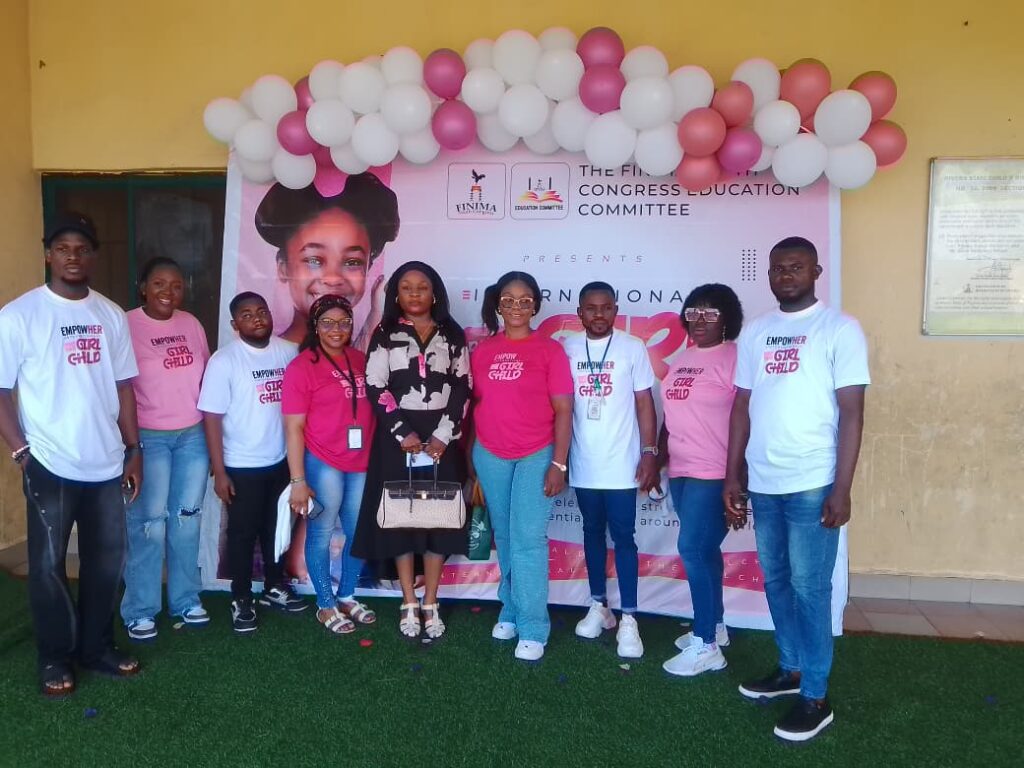
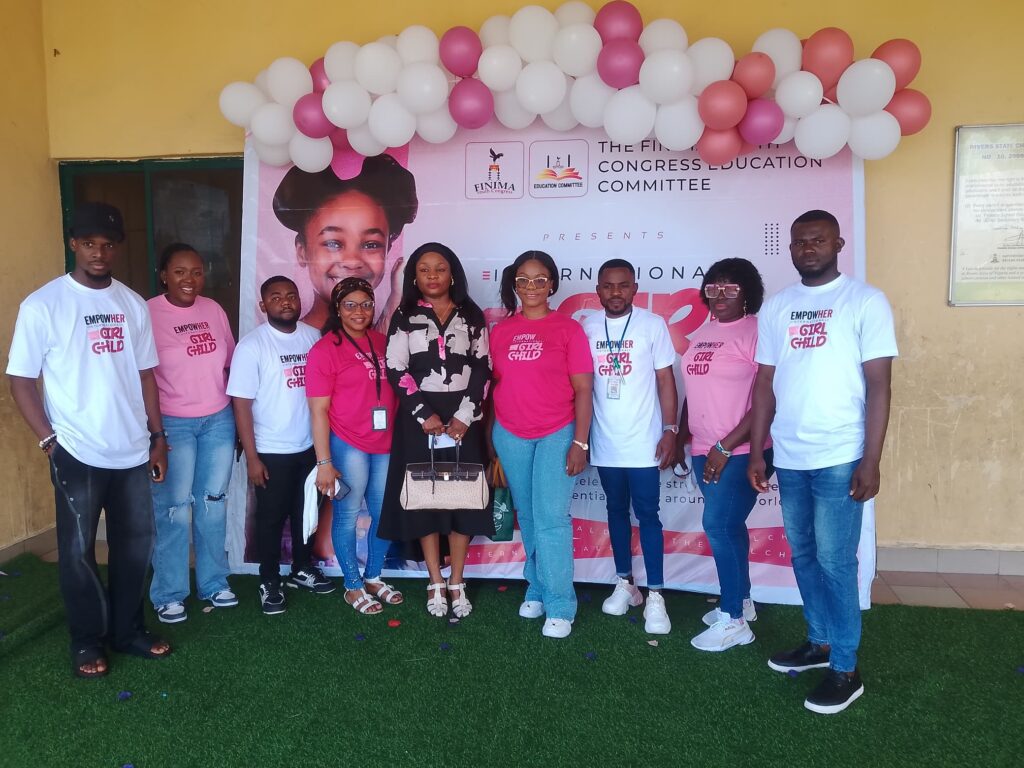
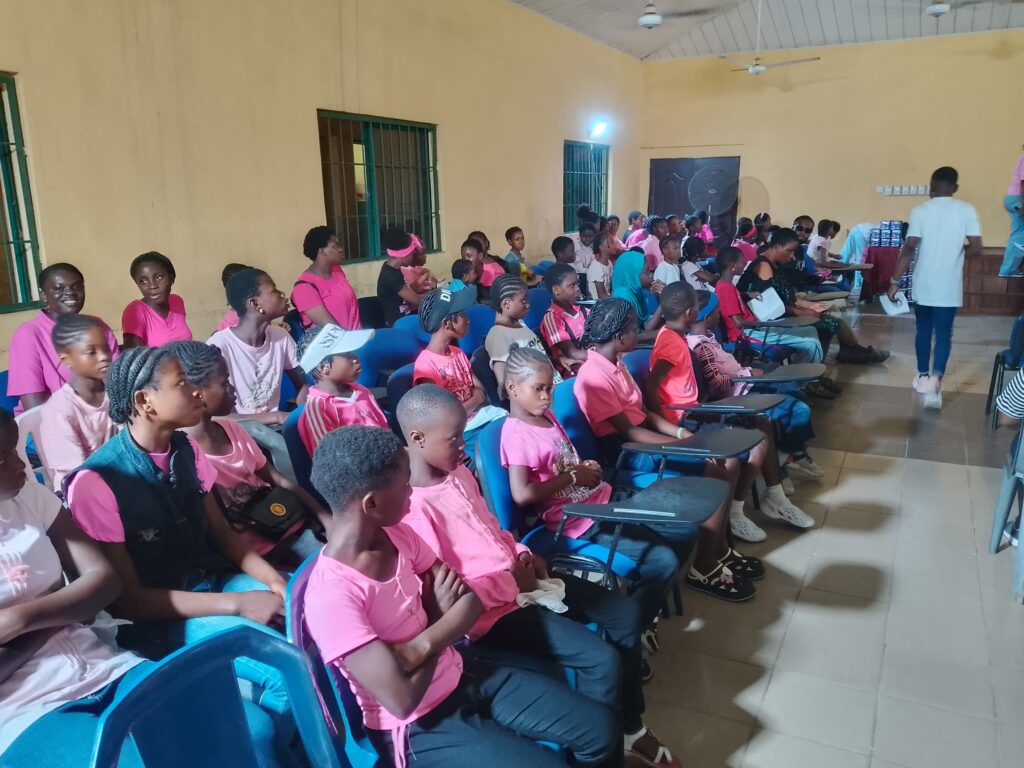
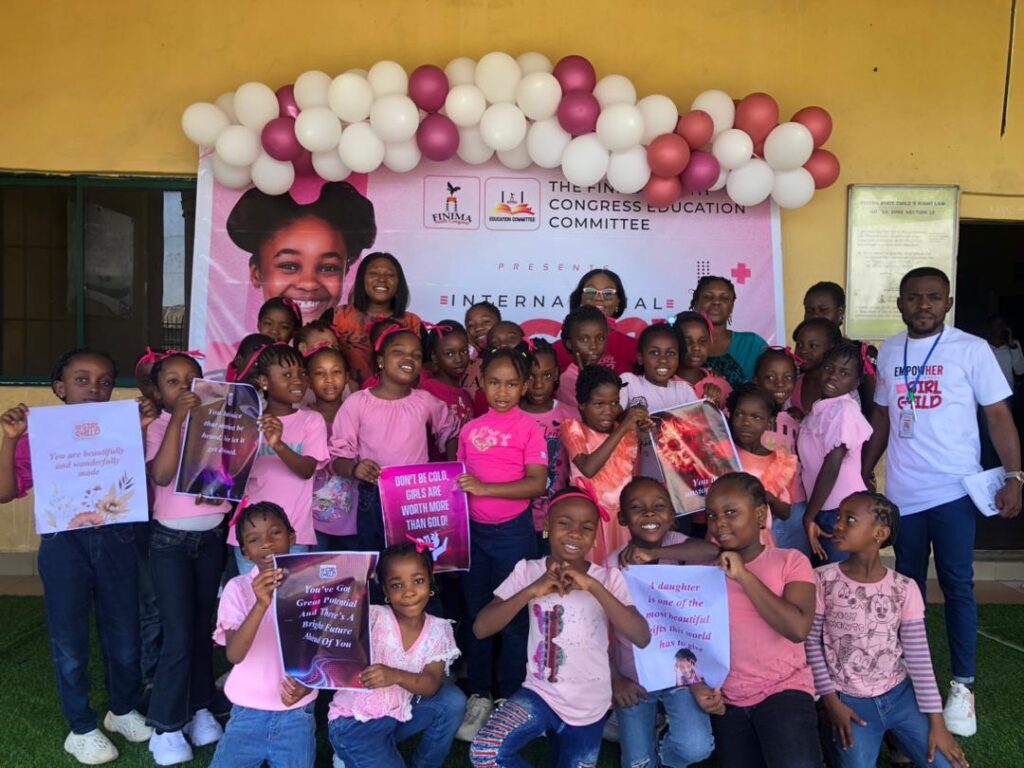
Education Committee Receives Special Recognition
The Education Committee emerged as the driving force behind the event’s success, with their organisational excellence and dedication drawing specific praise from the youth congress leadership. “Your dedication to empowering young girls is truly inspiring,” Abraham Brown noted, highlighting the Committee’s exceptional efforts in coordinating what proved to be a transformative celebration.
The Coordinator’s dynamic leadership was singled out as instrumental in bringing together the various elements that made the event both meaningful and impactful for participants, particularly the young girls who stood at the heart of the celebration.
The programme reportedly included keynote addresses, panel discussions on education and leadership, interactive workshops, cultural performances by schoolgirls, awards or recognition for outstanding youths, and distribution of educational materials. A number of guest speakers shared perspectives on girls’ rights and empowerment.
Community leaders, including members of the Amadabo-in-Council, local chiefs, and parents, were present to support the initiative. Their contributions — in funding, endorsements, and logistics — were acknowledged in the official communiqué as having “a lasting impact on the lives of our girl children.”
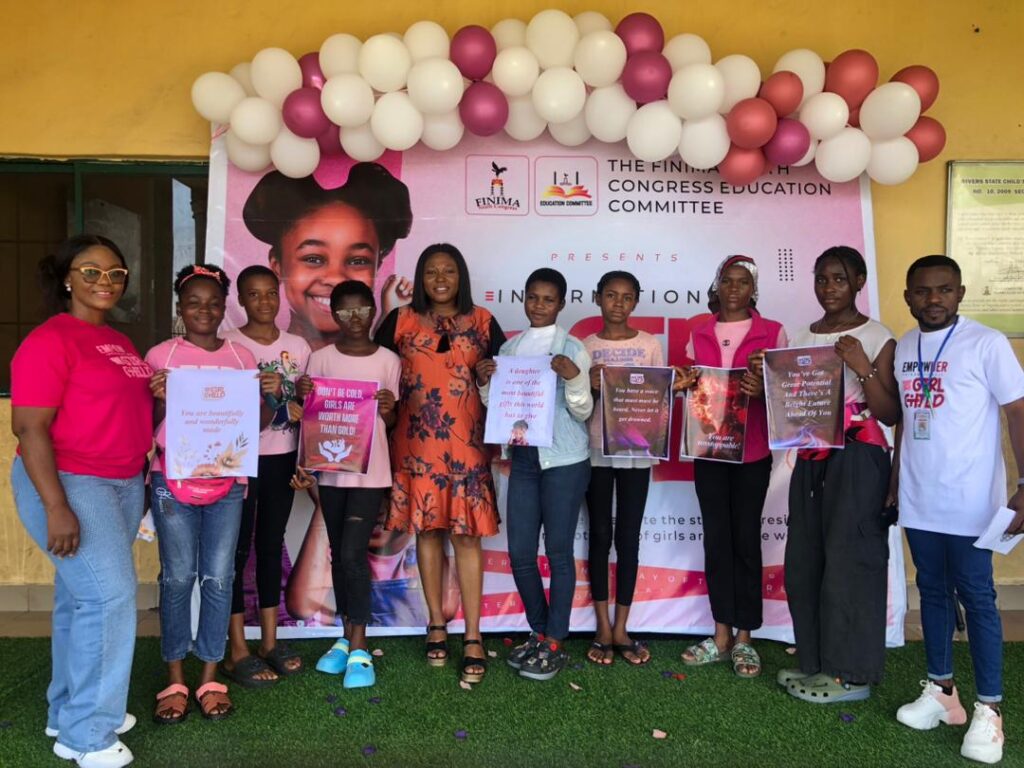
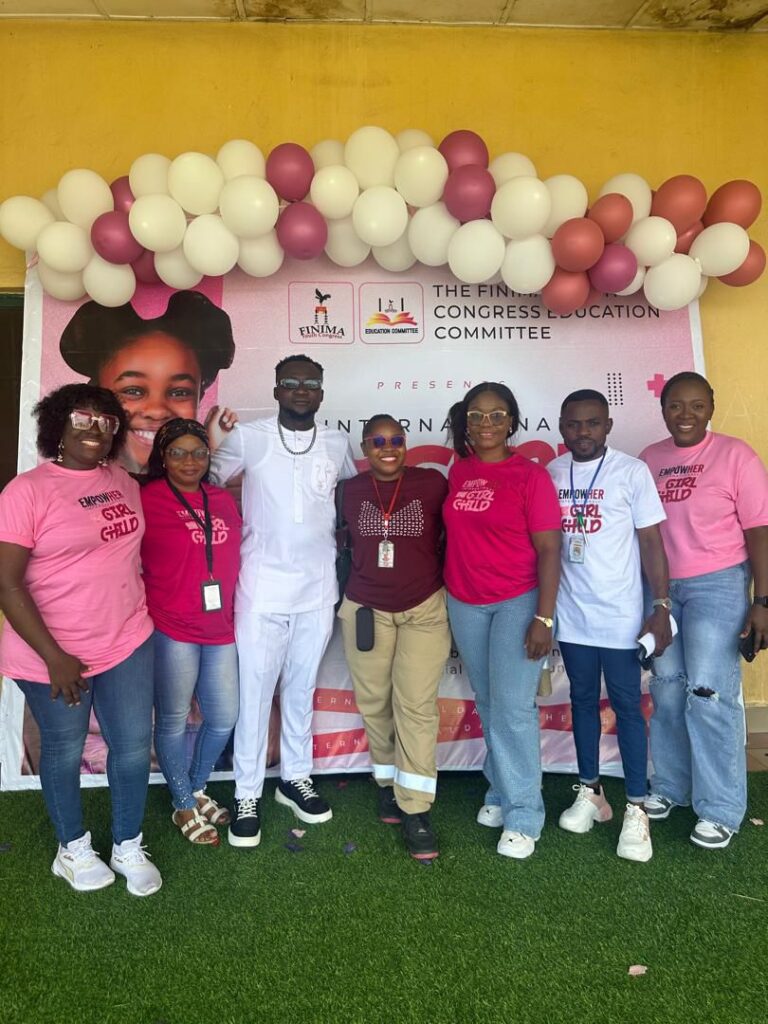
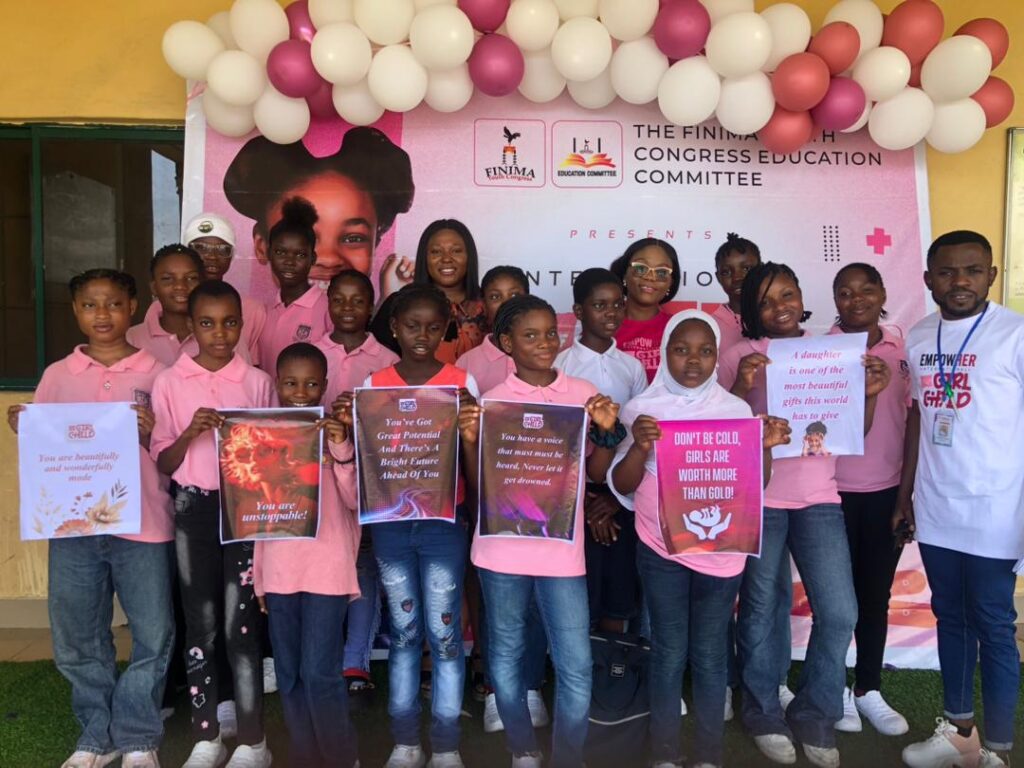
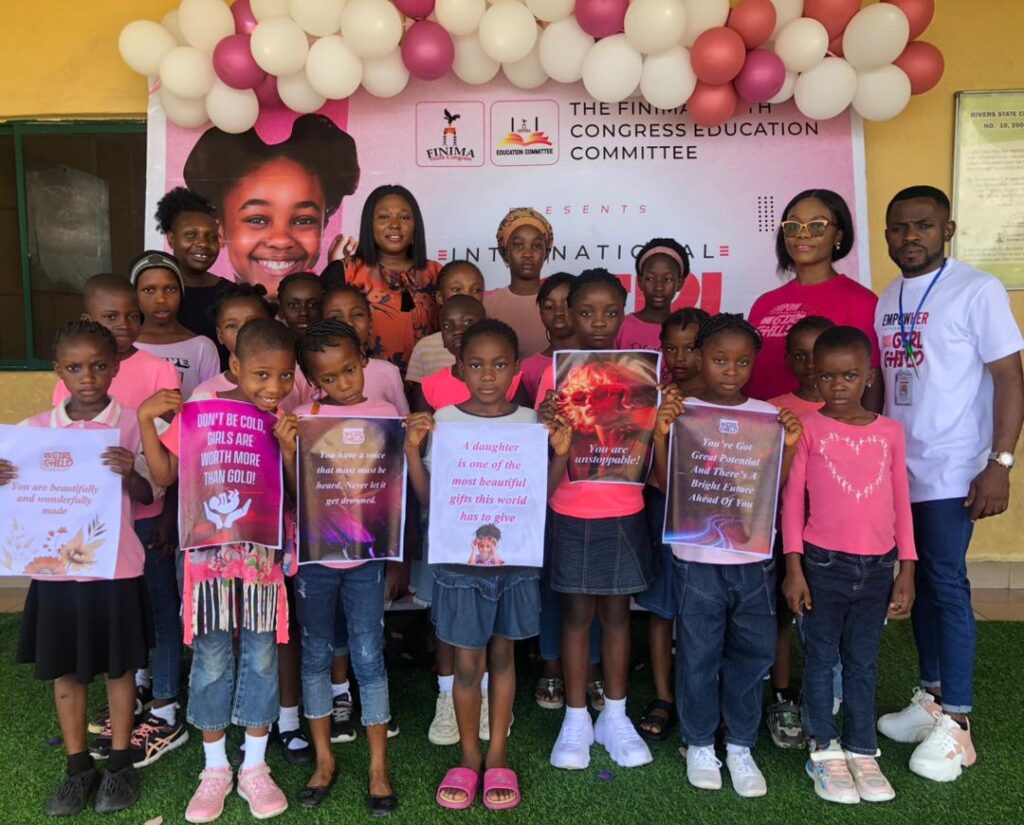
Broader Significance & Context
The International Day of the Girl Child, observed globally on 11 October, aims to highlight the challenges girls face—such as limited access to education, gender-based discrimination and violence—and to promote their empowerment. In Nigeria, despite progress, many girls still confront structural barriers like early marriage, school dropouts, and unsafe learning environments. The Guardian Nigeria
Locally, Finima’s initiative underscores how global observances can be anchored in community action. By translating the day’s themes into concrete programmes, the Youth Congress is bridging advocacy and grassroots impact.
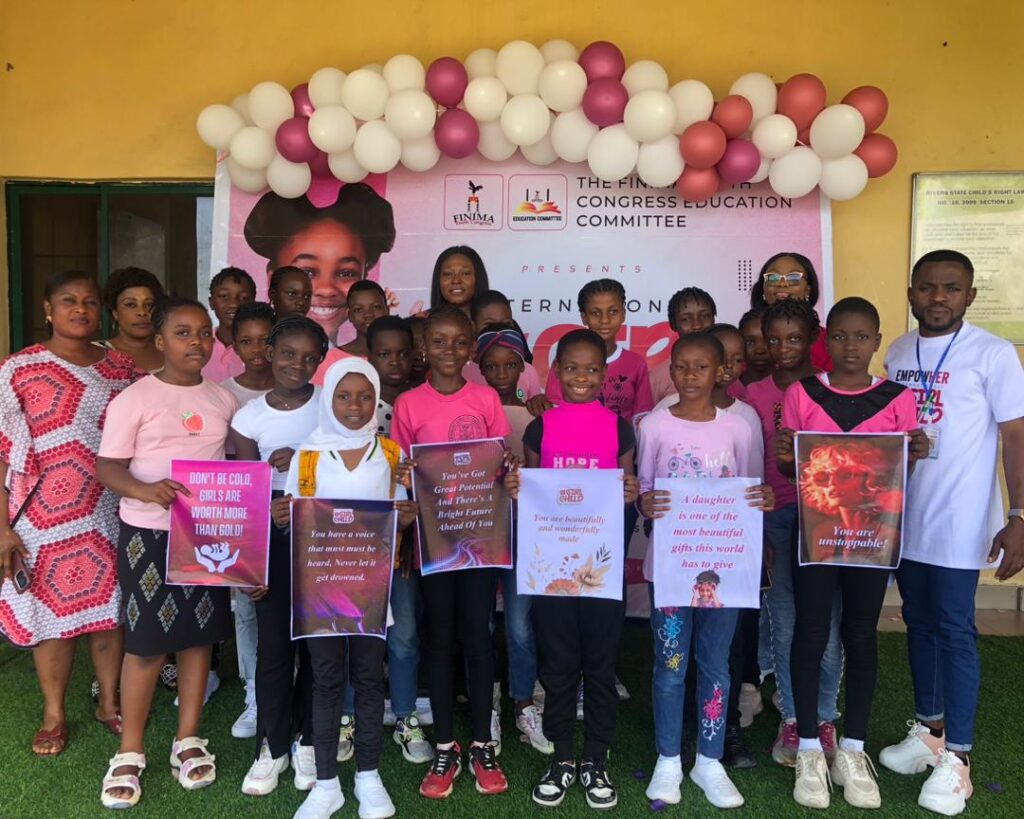
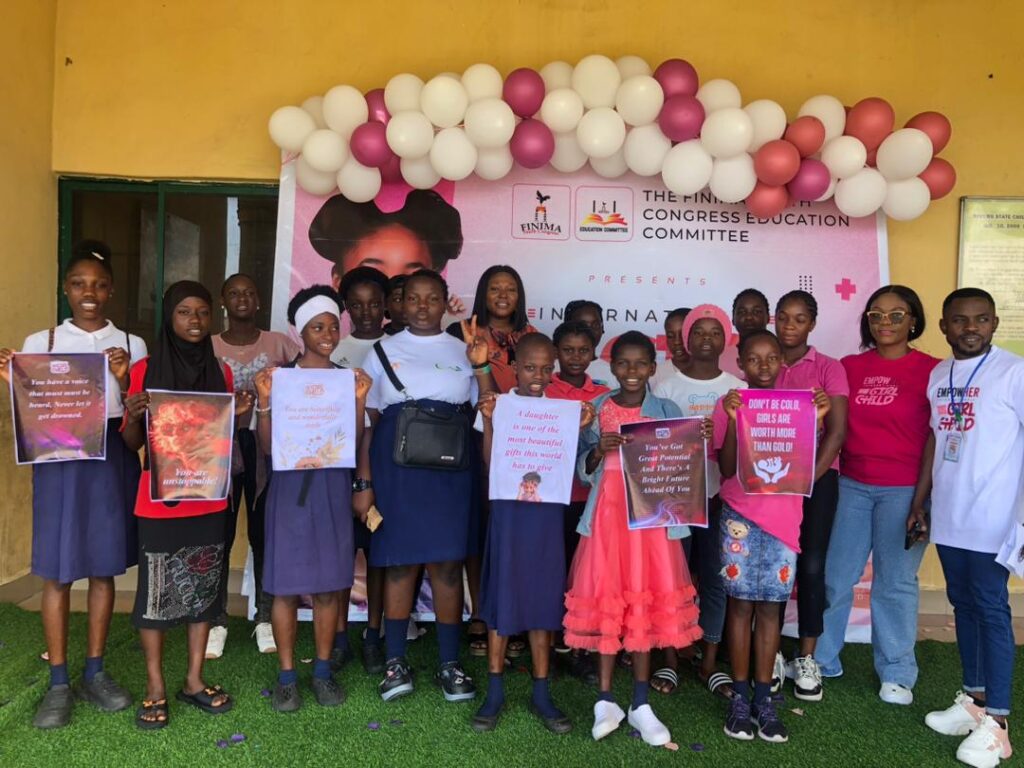
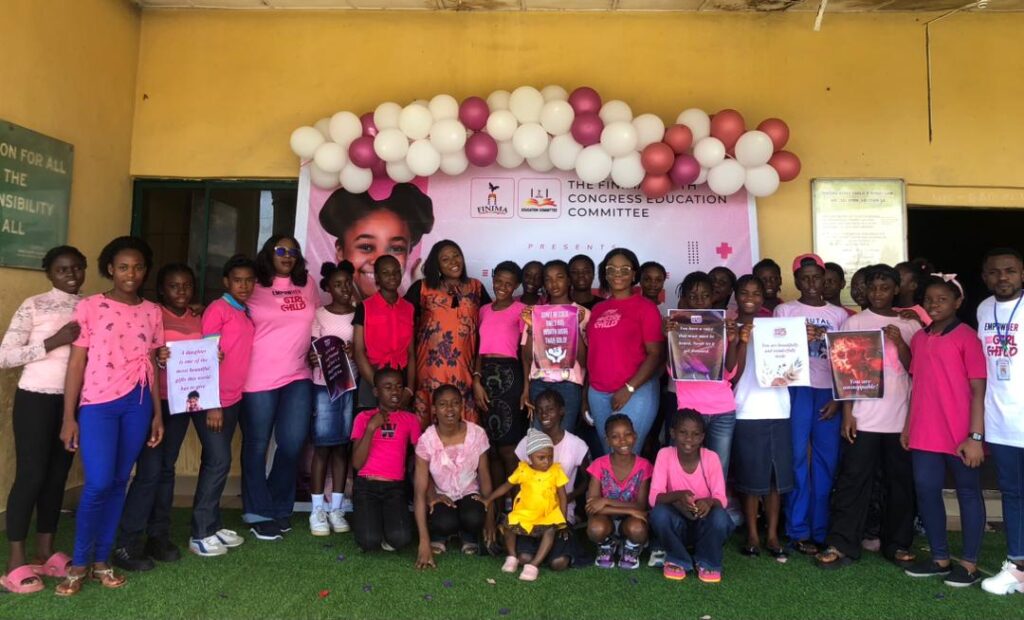
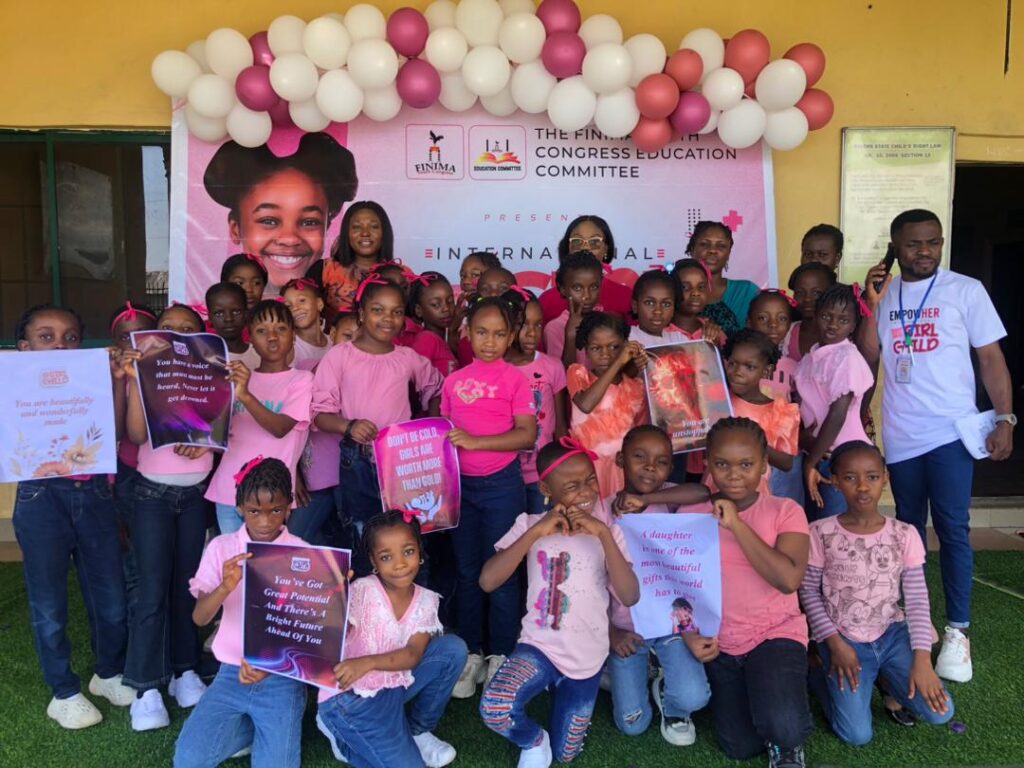
Leadership Commitment Proves Crucial
The unwavering support of the Chairman and the entire Central Executive Committee (CEC) of the Finima Youth Congress received special mention as being instrumental to the event’s ultimate success. This institutional backing demonstrated the organisation’s commitment to placing gender empowerment at the centre of its youth development agenda.
“Special thanks to the Chairman and the entire CEC Finima Youth Congress for their unwavering support, which was instrumental to the event’s success,”Abraham Brown emphasised, highlighting the critical role leadership plays in translating vision into reality.
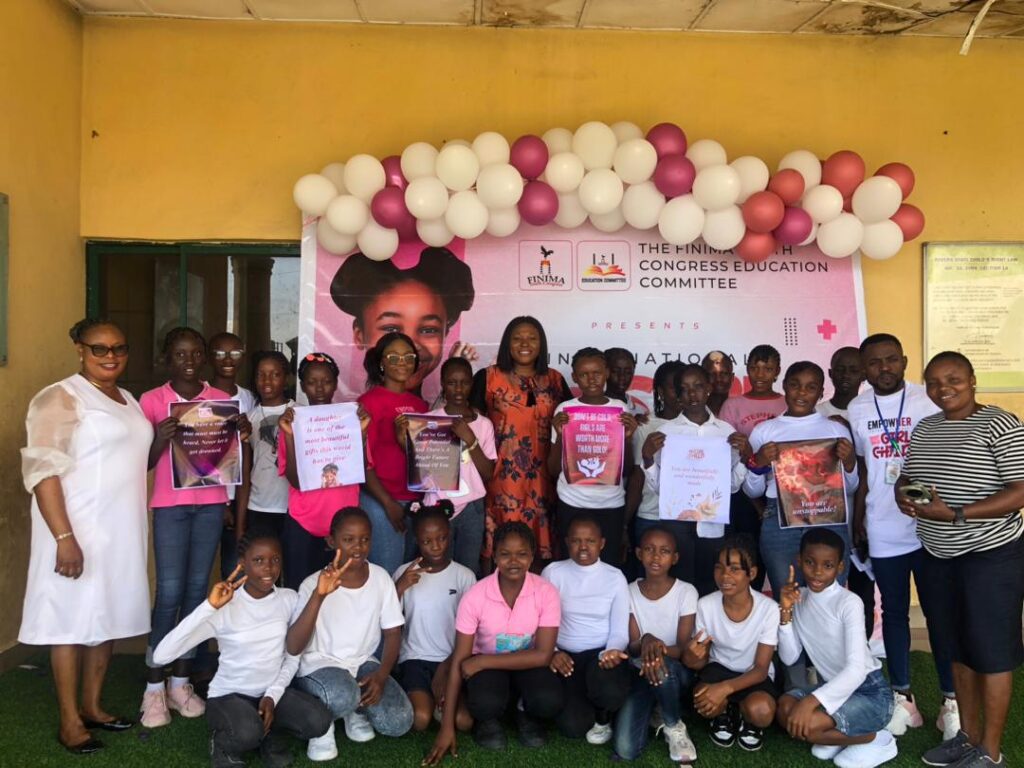
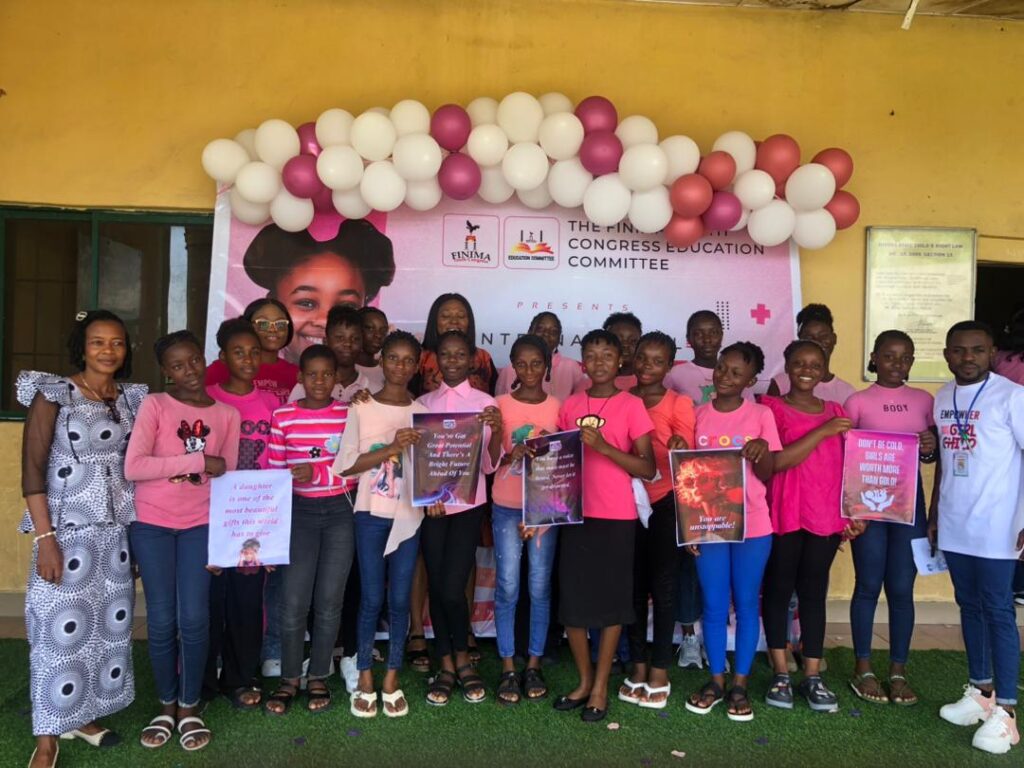
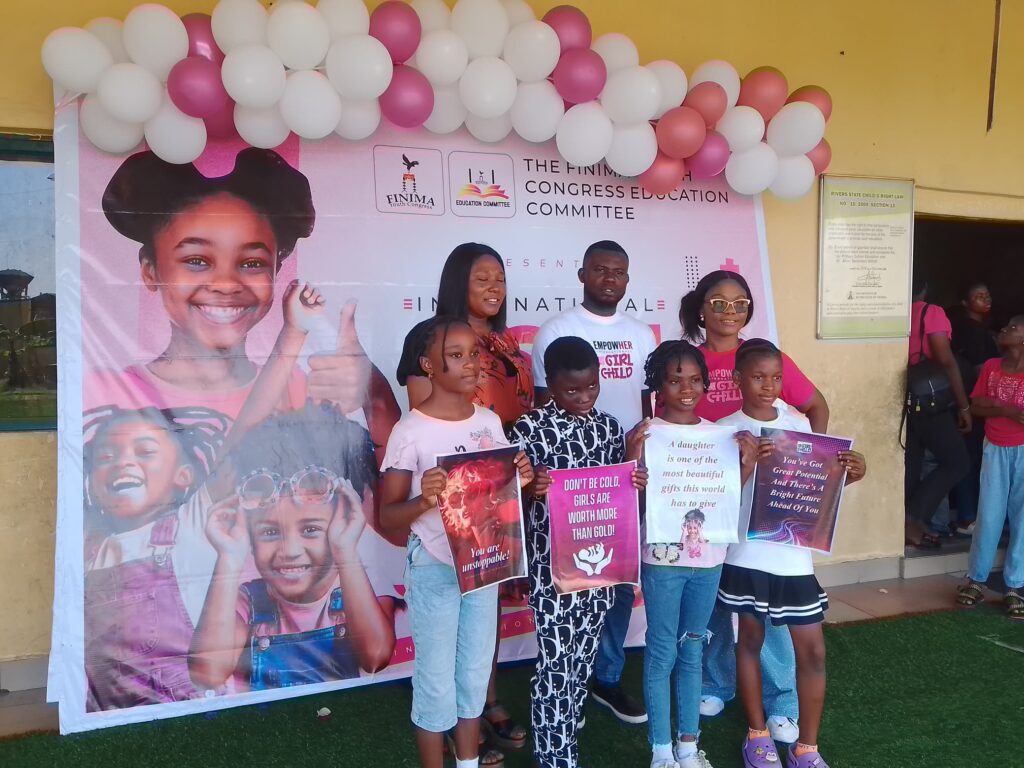
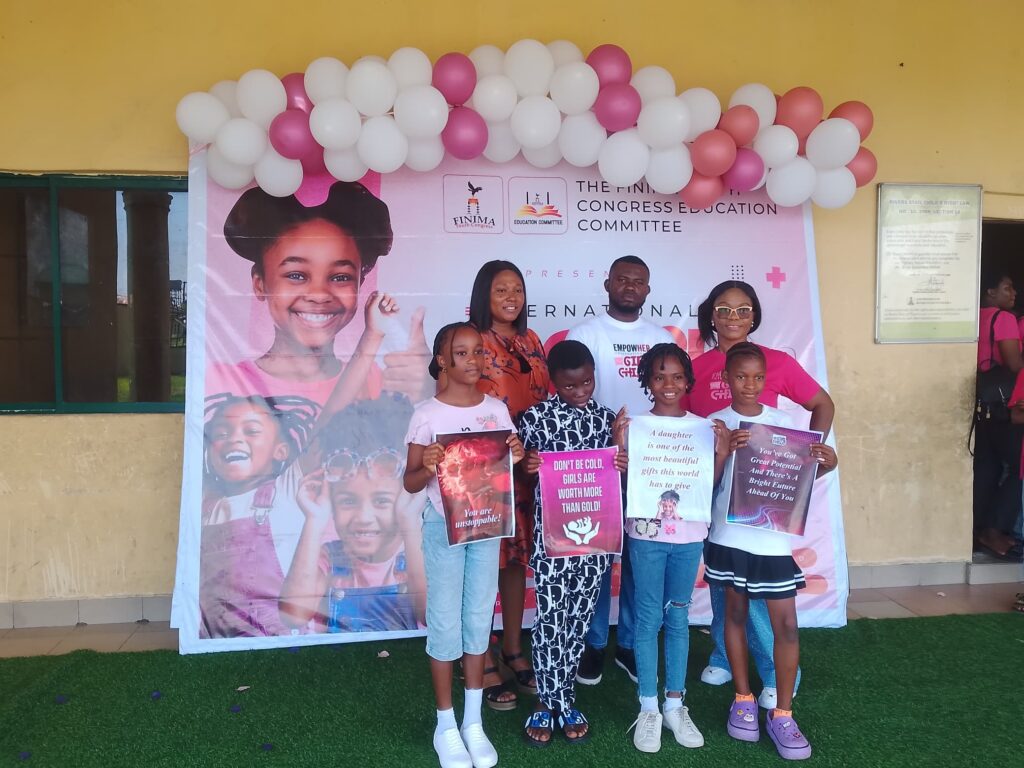
A Milestone Achievement
The celebration has been characterised as a milestone moment in the Finima Youth Congress’s journey towards girl child empowerment. Beyond the immediate success of the event itself, organisers have expressed confidence that its impact will reverberate far into the future.
This celebration marks a milestone in our commitment to empowering the girl child, We are confident that it will inspire a new generation of leaders and change-makers.
The statement reflects a strategic understanding that investing in young girls today creates the foundation for transformative change tomorrow, with educated and empowered women becoming catalysts for broader community development.
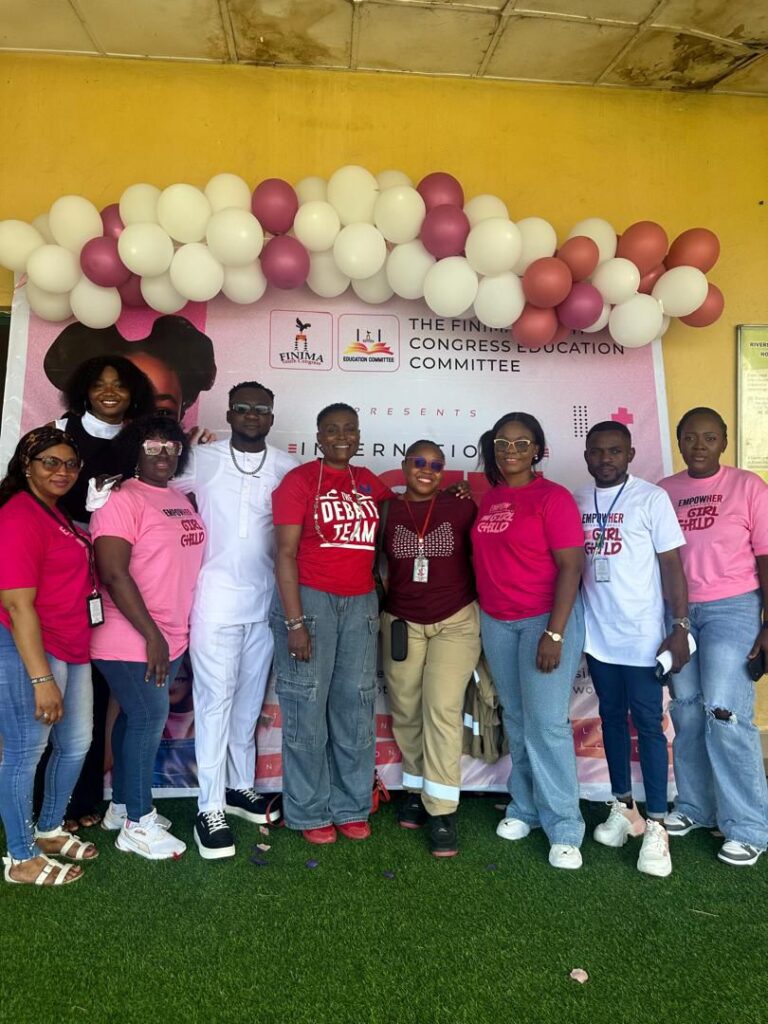
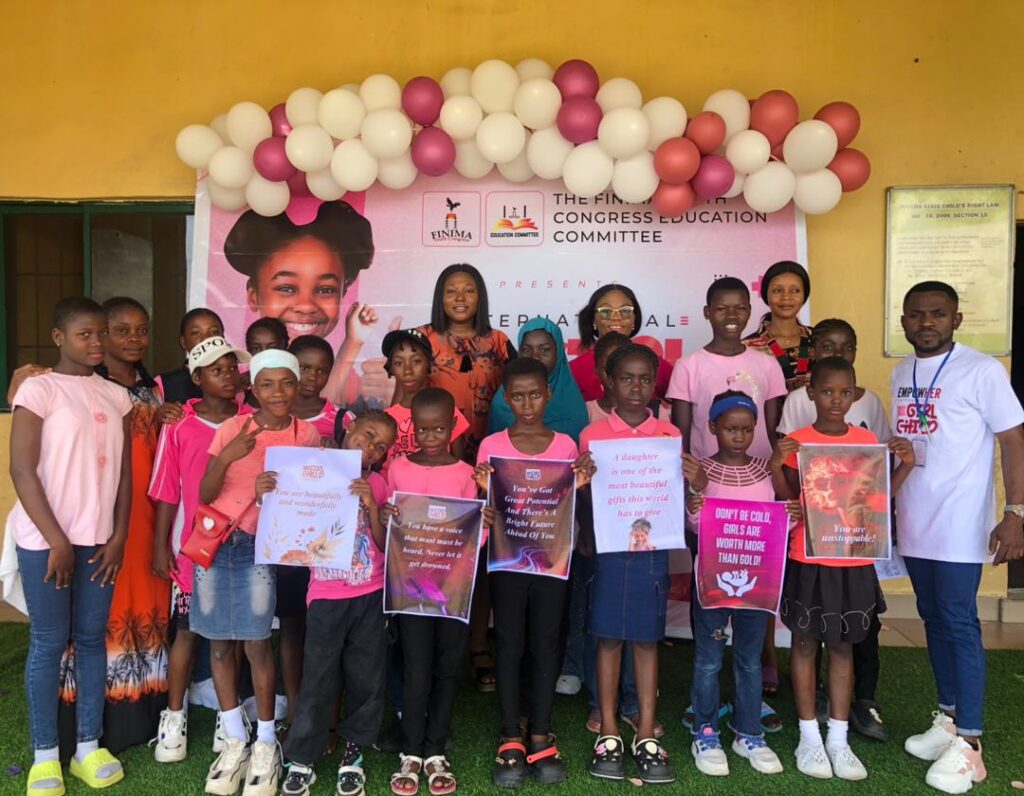
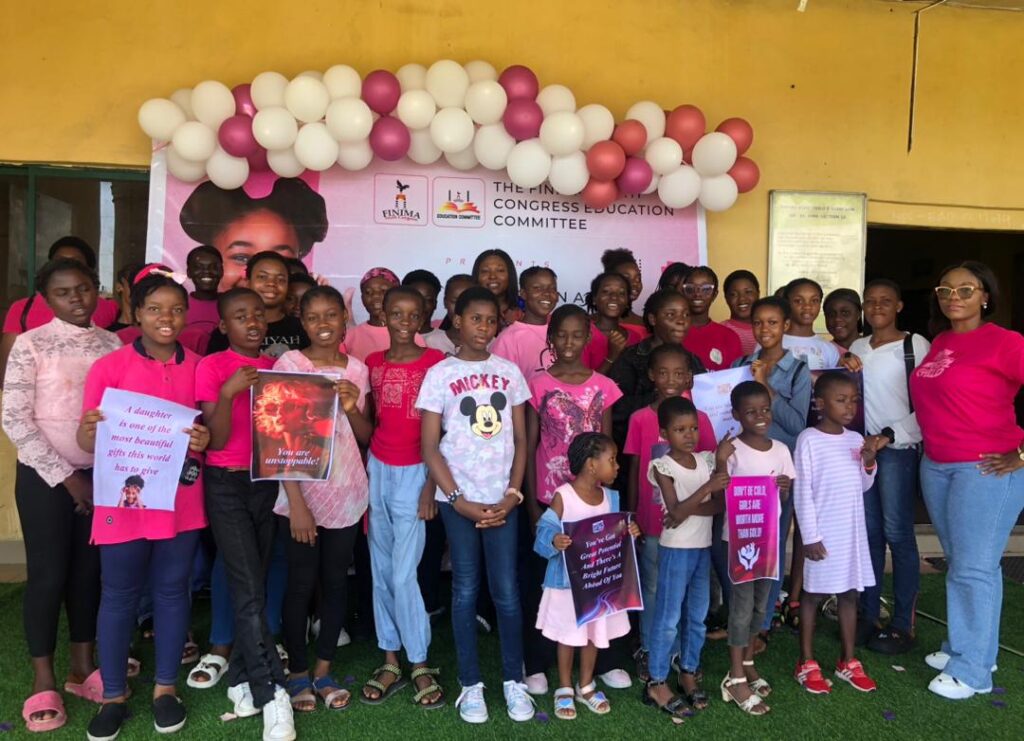
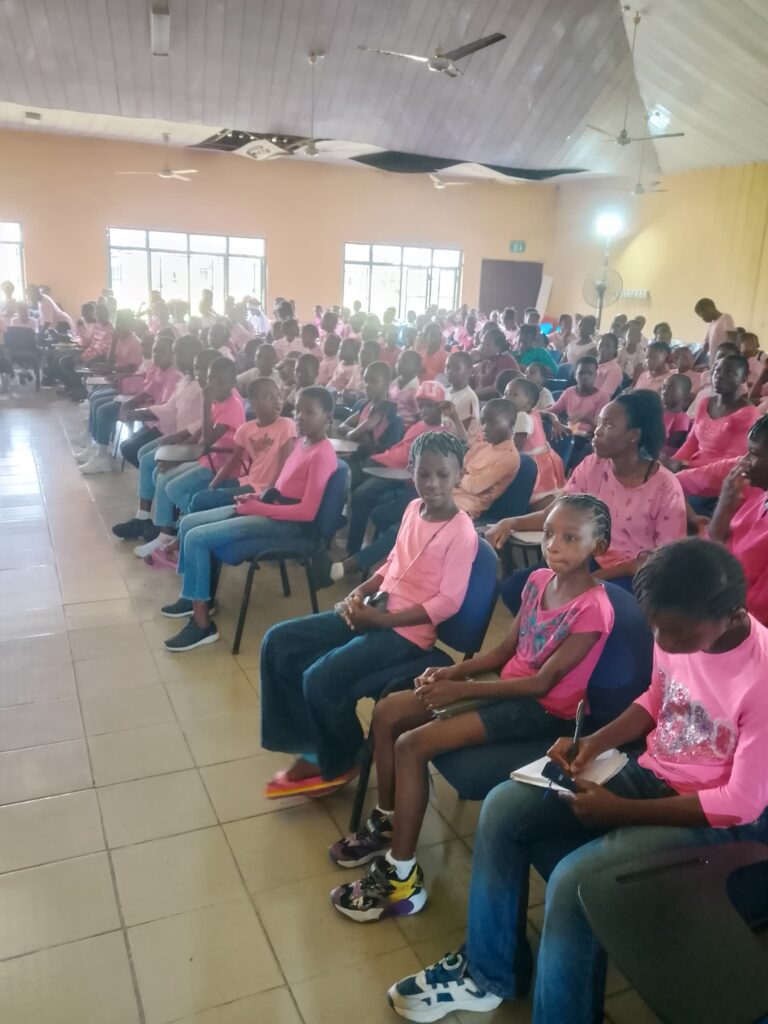
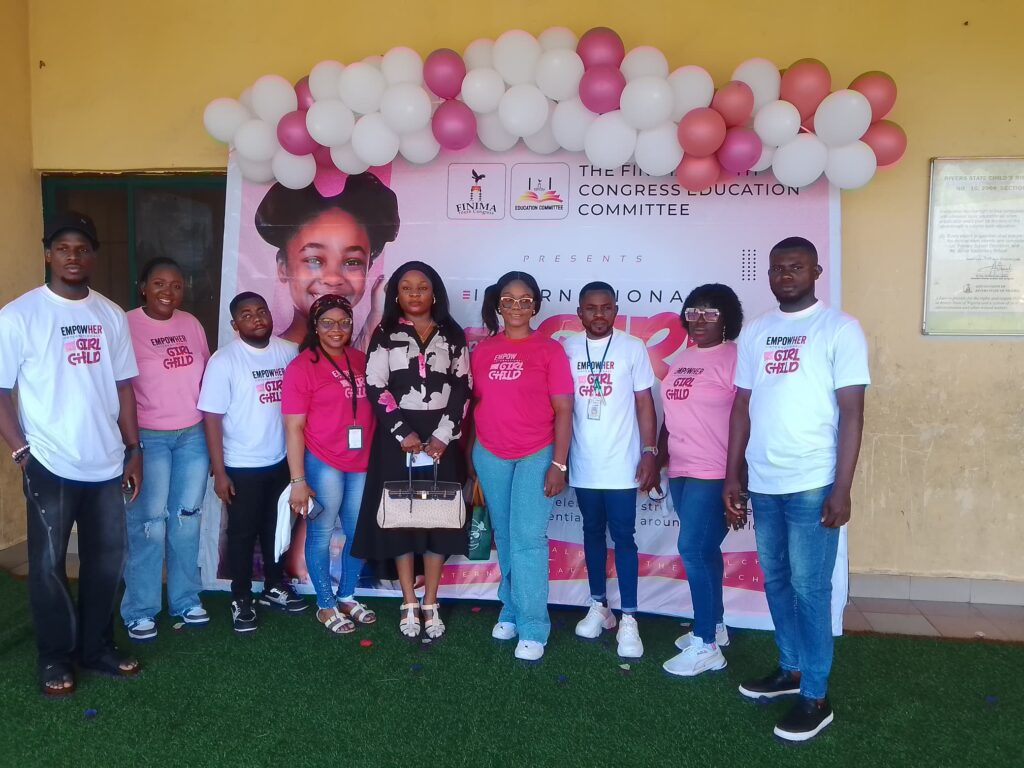
Global Significance, Local Action
The International Day of the Girl Child, observed annually on 11 October, represents a global commitment to addressing the unique challenges facing girls worldwide. Established by the United Nations, the day serves to promote girls’ empowerment and the fulfilment of their human rights whilst highlighting persistent barriers to their advancement.
By organising a comprehensive celebration of this international observance, the Finima Youth Congress has demonstrated how global advocacy can be translated into meaningful local action. The event addressed critical issues ranging from education access and leadership development to challenging limiting stereotypes about what young women can achieve.
Challenges Noted and Future Path
Organisers acknowledged some logistical constraints (e.g., limited resources, outreach to remote areas) but affirmed plans for follow-up projects such as continuous mentorship, scholarship schemes, and school-based clubs.
The success of the event marks a milestone in our commitment to empowering the girl child, and the Youth Congress hopes to sustain the momentum by launching periodic educational campaigns, monitoring impact, and replicating the celebration in neighbouring communities.
Conclusion
The Finima Youth Congress’s celebration of the International Day of the Girl Child stands as a compelling example of local engagement on global issues. While the immediate results are celebratory, the true test will be in translating inspiration into sustained programmes and measurable outcomes. With strong community support and clear leadership, the event’s legacy may well extend beyond this single day to benefit future generations of girls in Finima and the wider region.
Source: Official statement from Comr. Abraham Brown, Director of Social Welfare and Youth Development, Finima Youth Congress



You must be logged in to post a comment.